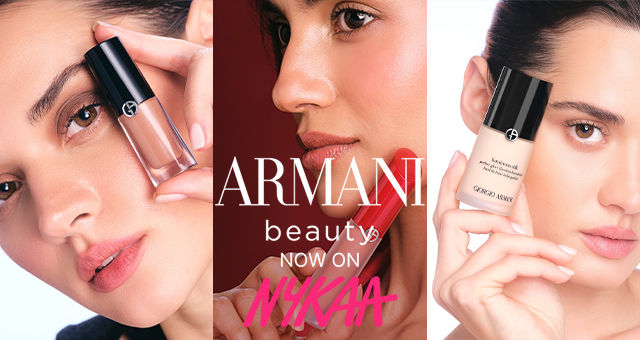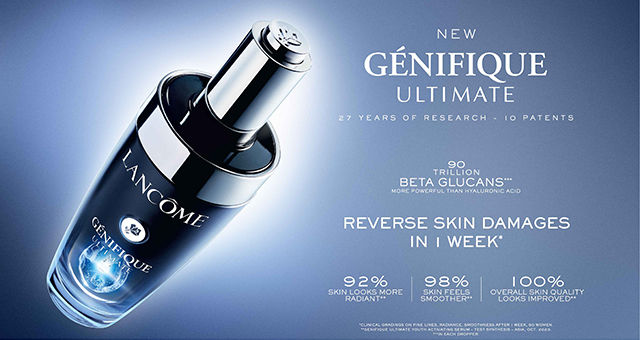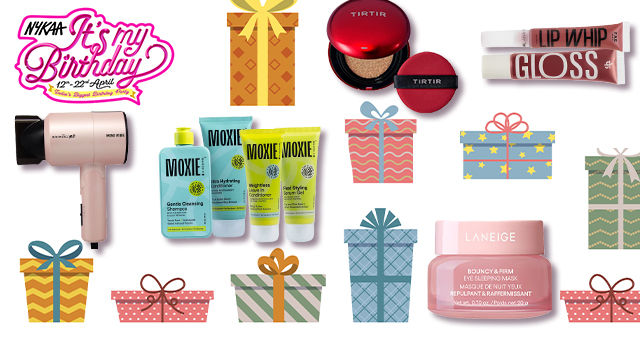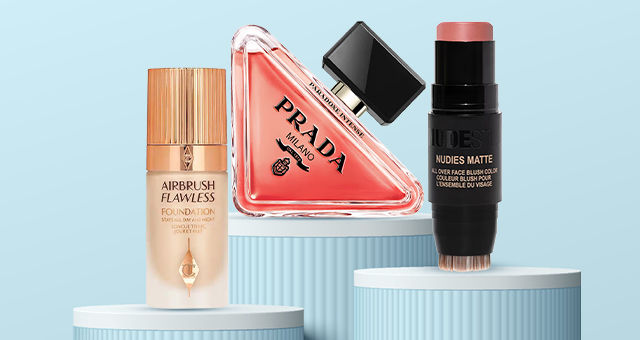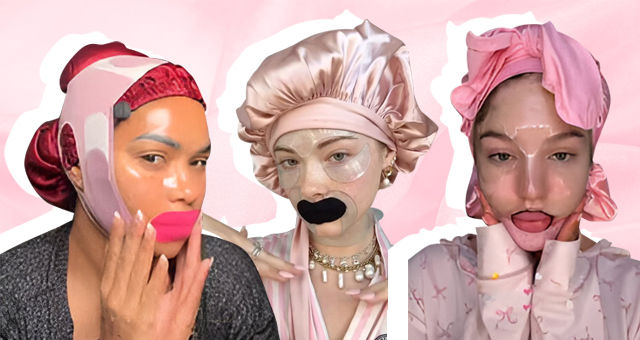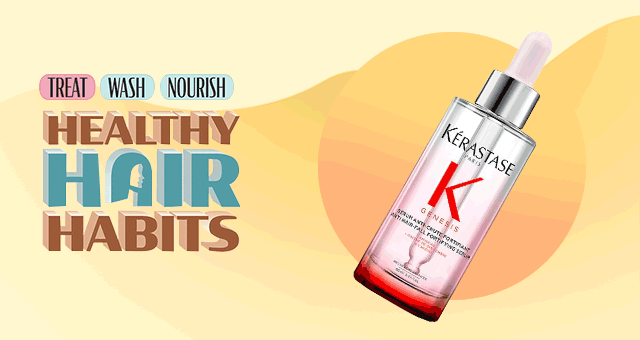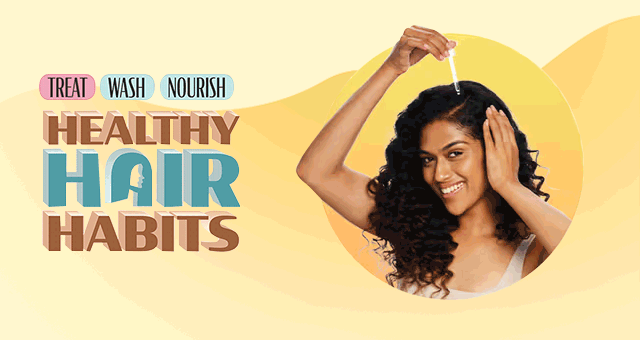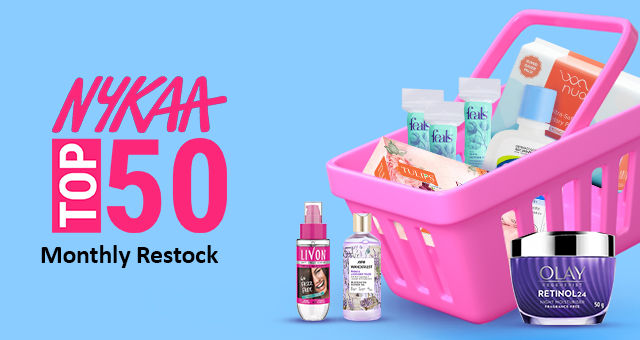
When someone shows a slide under the microscope in a movie or a show, I’m reminded of the shapes and movements of outer space—as if a whole universe is residing on that little piece of glass. Interestingly, that’s actually true for our skin. A whole universe of microorganisms resides on our skin, making it an ecosystem of bacteria, viruses, and fungi.
Sounds a little scary and icky, doesn’t it? But actually, these microorganisms are very, very beneficial. A good balance of our skin’s microbiome ensures protection against pathogens and supports our immunity. Any disruption of this micro-world may cause skin woes—everything from acne and allergies to eczema. An unbalanced microbiome also makes us vulnerable to sun damage and premature aging.
So why do we need microbiome skincare?
Because our habits and our environment can disturb the stability of our skin. How many times have we leaned towards hard exfoliants, thinking they might reduce our blackheads or clean our skin better? Or how many times have we chosen ‘antibacterial’ soaps or creams thinking they’ll help us? Well, these are actually ways to disrupt the natural ecosystem that prevails on our skin. Add to this the constant radiation of UV rays from the sun, pollution, dirt, and more that makes our skin’s microbiome hanging by a thread.
Enter skincare that either fertilizes the skin to create a healthy habitat or introduces good microorganisms to our skin directly!
What is prebiotic and probiotic skincare?
Prebiotic skincare: This is basically prepping our skin to cultivate a better environment for the microbiome. Think of it as an agent that stimulates the growth of good bacteria, fungi, and viruses.
Probiotic skincare: These are microorganisms themselves. They will alter the health of our skin as needed. For instance, if my skin needs more immunity, the specific microorganisms needed to combat them will be introduced to make it healthier.
Are they just acting as a barrier?
No, a healthy microbiome actually takes care of our skin in several other ways as well. It keeps the skin hydrated and healthy. It maintains the right pH balance to make sure we aren’t prone to harsh allergies or reactions. It stabilizes our skin against irritants or sensitivity as well.
Is this the future of skincare or the present?
Science is taking over the industry by delving deep into what our skin truly desires and needs. Pre and probiotic skincare are both deeply researched and experimented treatments proving great results, which is why both are trending very high on the skincare radar right now.
A lot of brands that you already love and use are dabbing into this genre. You can try Dot & Key 72 Hr Hydrating Gel + Probiotics, Glamglow BerryGlow Probiotic Recovery Mask, Innisfree Derma Green Tea Probiotics Cream, Votre Firming & Lift Skin Boosting Serum Collagen Luxe Pro Biotic Enriched, Murad Prebiotic 4-in-1 MultiCleanser, Ilana Organics Good Skin Serum Phyto Probiotic + Niacinamide
Can probiotic skincare be naturally incorporated into our regime?
While scientifically induced probiotics are more effective on our skin, there is a big sphere of natural probiotics that we can include in our routine. Most fermented food can become great probiotic ingredients for a healthy microbiome. For instance, yogurt or classic curd, fermented rice water, yeast ferment, and fermented deep-sea algae can directly be used in your masks and cleansing formulas.
Prebiotic ingredients are even more easily accessible. Apple Cider Vinegar is called food for good microorganisms. Bananas, berries, and asparagus are also good sources.


